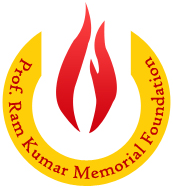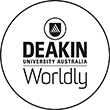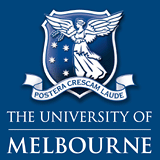Budget for the development of advanced knowledge and information system

There is still a big difference between understanding the challenges of a sustainable development budget and taking sustainable action. What can knowledge management (KM) do to improve this situation? The sustainable use of knowledge as a resource includes social, ecological, and organizational aspects, such as transforming economic goals into knowledge goals, removing outdated knowledge, identifying knowledge gaps of budget, or providing automatic mechanisms for knowledge exchange and transfer.
Together with our researchers, we will try to set the budget and explain the importance and function of knowledge management for the integration of sustainable environments from two aspects: the preservation of structural knowledge and the access and integration of external customer knowledge sources. The first aspect related to innovation or new markets has a direct impact on organizational learning. It creates knowledge gaps, which must be bridged by providing definable operational performance indicators at the strategic level as part of decision-making. Thus, the total budget for developing advanced knowledge and information system reached up to 654 million dollars for 2021 - 2022.
The pragmatic approach behind this approach is to set decision goals for actions that lead to measurable change. The second aspect involves new methods of evaluating and applying customer knowledge to integrate product usage information into product development. It is essential for developing and improving products and services that meet market needs.














